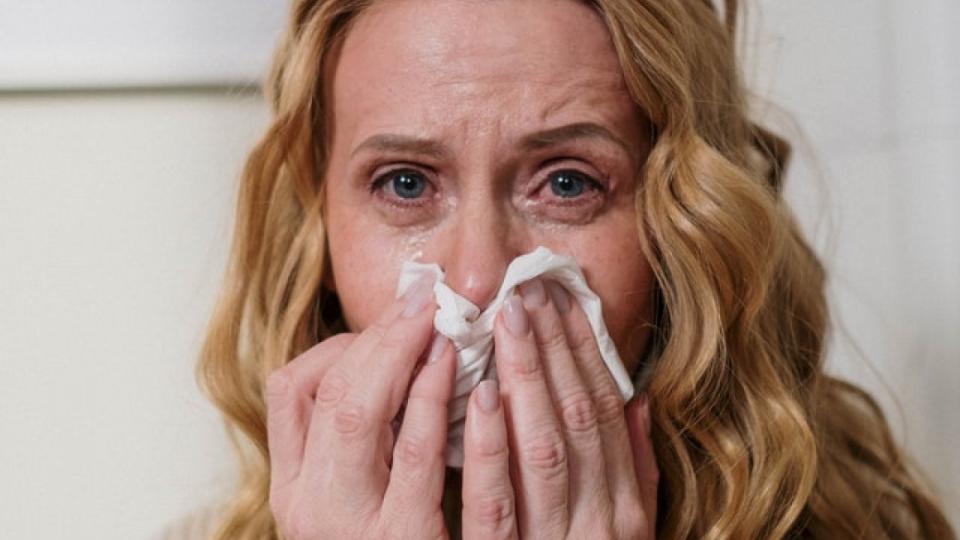The weather is starting to warm up and that means one thing… allergy season is coming! Pollen levels are already on the rise, so it's important to take steps to protect yourself and your family. One of the best ways to reduce allergens in your home is by having your ducts cleaned by a professional.
In this blog post, we will discuss how allergens get into your home during allergy season, the health risks associated with dirty HVAC ducts, and how often you should clean your ducts. We'll leave you with some takeaways (yup, think of it as your very own “TL;DR” section!) and tips on finding a duct cleaning company so you can be prepared for allergy season!
How allergens get in our home during allergy season
Allergens like pollen, dust, and mold spores can enter your home in a few different ways. First, they can come in through open doors and windows. Second, they can be brought in on your clothing or shoes. Third, they can be carried into your home by pets. And finally, once they’re in your home, they can get into your ductwork and circulate through the air.
So how do you know if you have allergens in your ductwork? One way is to look for visible signs of dirt and debris. Another way is to have a professional test your air quality. If you find that you do have allergens in your ducts, don't worry! Professional duct cleaning can help remove them so you can breathe easier this allergy season.
Health risks associated with dirty HVAC ducts
Dirty HVAC ducts can pose a serious health risk, especially for people with allergies or asthma. Allergens in the air can trigger asthma attacks and make symptoms worse.
Dust particles can also irritate the eyes, nose, and throat. In severe cases, exposure to mold spores can cause respiratory problems. If you or someone in your family has allergies or asthma, it's important to keep your ducts clean to reduce the risk of these health problems.
Is duct cleaning worth the cost?
Yes, duct cleaning is definitely worth the cost! Not only will it improve your air quality, but it can also extend the life of your HVAC system. Having your ducts cleaned is a small price to pay for the peace of mind that comes with knowing you and your family are breathing easier this allergy season.
Improved air quality
Did you know your home can generate forty pounds of dust on an annual basis? And much of that dust ends up in your ductwork. Alongside other common air contaminants, such as pet dander and home chemicals, these can dramatically reduce the quality of air in your home.
Better energy efficiency
The filter in your HVAC cleaning system can only stop so much. Once contaminants and pollution build-up, it can restrict airflow, dropping efficiency dramatically. A clean duct has to work much less to get the same job done, thus saving you money on heating and cooling costs.
How often should you clean your ducts?
The frequency with which you should clean your ducts depends on a few factors. If you have pets or smokers in the home, you'll need to clean your ducts more often. If you live in an area with high pollen levels, you may also need to clean your ducts more frequently. In general, it's a good idea to have your ducts cleaned every two years.
Takeaways
Now that you know how important it is to keep your HVAC ducts clean, here are a few takeaways:
- Allergens can enter your home through open doors and windows, on your clothing or shoes, or carried in by pets.
- Dirty HVAC ducts can pose a serious health risk, especially for people with allergies or asthma.
- You should have your ducts cleaned every two years.
Find a professional duct cleaning company today
If you are ready to improve your home’s air quality and energy efficiency, getting your air ducts professionally cleaned is the way to go. And when you use a TrustDALE certified professional, you're always protected by Dale's trademark $10,000 Make-It-Right Guarantee. So start looking for a trusted air duct cleaning professional in your area today!

